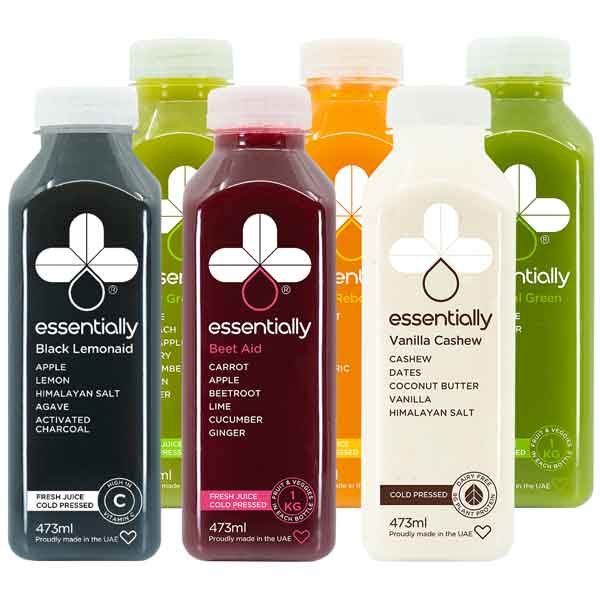
While detox juice can be a beneficial addition to the diet of many individuals, there are certain groups who should exercise caution or avoid consuming it altogether. Explore here some considerations for who should avoid drinking detox juice:
People with specific medical conditions:
Individuals with specific medical conditions such as diabetes, kidney disease, gastrointestinal disorders, or metabolic disorders should consult with a healthcare professional before incorporating detox juice into their diet. The high sugar content in some fruit juices may cause blood sugar levels to spike, posing risks for those with diabetes. Similarly, individuals with kidney disease may need to limit their intake of certain nutrients found in detox juices, such as potassium and phosphorus.
Pregnant and breastfeeding women:
Pregnant and breastfeeding women should be cautious when consuming detox juice, especially those containing unpasteurized juices or certain herbs. Raw or unpasteurized juices may harbor harmful bacteria such as E. coli or Salmonella, which can pose risks to both the mother and the baby. Additionally, some herbs commonly used in detox juices may have adverse effects on pregnancy or breastfeeding, so it’s essential to seek guidance from a healthcare provider.
Individuals on medications:
People taking certain medications may need to avoid detox juice or limit their intake due to possible interactions. For example, grapefruit juice can interfere with the metabolism of certain medications, leading to increased levels of the drug in the bloodstream and possibly causing adverse effects. It’s crucial to consult with a healthcare professional or pharmacist to determine if any medications you are taking may interact with the ingredients in detox juice.
Those with allergies or sensitivities:
Individuals with allergies or sensitivities to specific fruits, vegetables, or ingredients commonly found in detox juice should avoid consuming it to prevent allergic reactions or adverse effects. Common allergens such as citrus fruits, celery, and certain herbs may be present in detox juice recipes, so it’s essential to read labels carefully and avoid ingredients that may trigger an allergic response.
People with eating disorders:
Individuals with a history of eating disorders or disordered eating patterns should approach detox juice with caution. Detox diets or juice cleanses that promote extreme calorie restriction or liquid-only diets can exacerbate unhealthy attitudes towards food and body image. It’s essential for individuals with eating disorders to arrange balanced and nourishing meals under the guidance of a healthcare professional.

